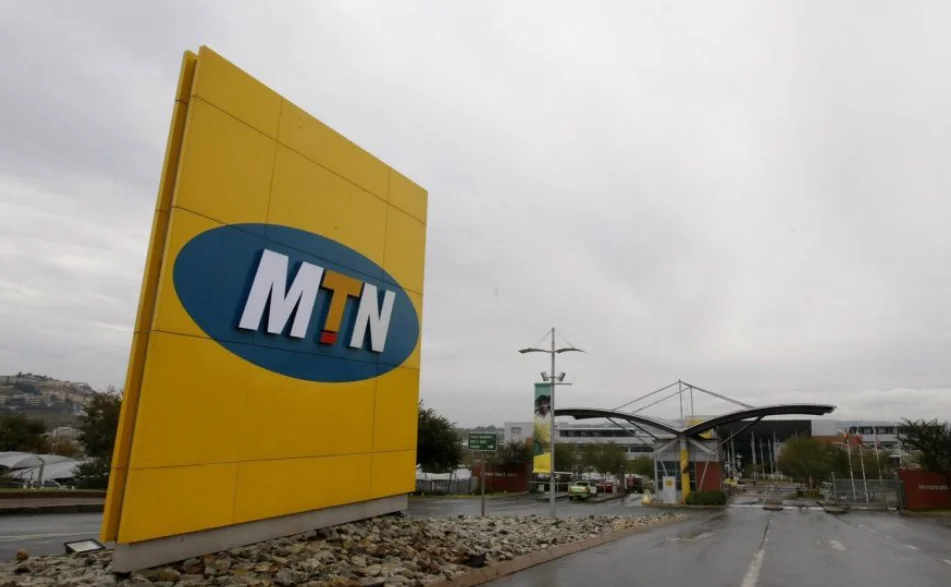MTN Group, Africa’s largest telecom operator, is making a bold move into the future of digital infrastructure. The company has announced plans to build large-scale AI-ready data centers across the continent, a strategy aimed at addressing Africa’s severe AI infrastructure gap, which currently accounts for less than 1% of global capacity.
According to CEO Ralph Mupita, MTN is in advanced talks with leading technology firms from the U.S. and Europe to establish these facilities.
Closing Africa’s AI Infrastructure Gap
The goal is clear: create world-class facilities capable of hosting high-performance computing resources and serving:
- Governments
- Large enterprises
- Small and medium businesses
- Third-party digital service providers
By bridging Africa’s infrastructure shortfall, MTN hopes to enable widespread adoption of artificial intelligence, cloud services, and advanced analytics across key sectors.
Partnership-Driven Strategy
Unlike traditional telecom investments, MTN is not going it alone. Instead, the group is pursuing a partnership-driven model:
- Splitting investments between its own balance sheet and global partners.
- Equipping the facilities with AI computing power.
- Leasing computing capacity to clients across Africa.
This collaborative model lowers the burden of heavy capital expenditure while ensuring global expertise supports local growth.
Genova: MTN’s AI Data Center Unit
To drive the strategy, MTN has launched a dedicated unit called Genova. This arm of the business is focused on:
- Monetizing infrastructure investments.
- Opening MTN’s platforms to international and regional partners.
- Building sustainable revenue streams beyond traditional telecom services.
For MTN, this is more than just technology, it’s a long-term growth strategy designed to diversify revenue and position the group as a leader in Africa’s digital economy.
Why AI-Ready Data Centers Matter
With demand for AI infrastructure skyrocketing worldwide, Africa risks falling behind without substantial investment. MTN’s AI data centers could:
- Support local innovation in fintech, healthcare, agriculture, and education.
- Provide governments with scalable computing power for national AI strategies.
- Boost enterprise adoption of automation, analytics, and machine learning.
- Strengthen Africa’s role in the global AI economy.
Conclusion
MTN’s push into AI-ready data centers marks a turning point for Africa’s technology ecosystem. By combining global partnerships with local expertise, MTN is laying the groundwork for a more connected, AI-powered future, one that could transform economies, industries, and communities across the continent.














